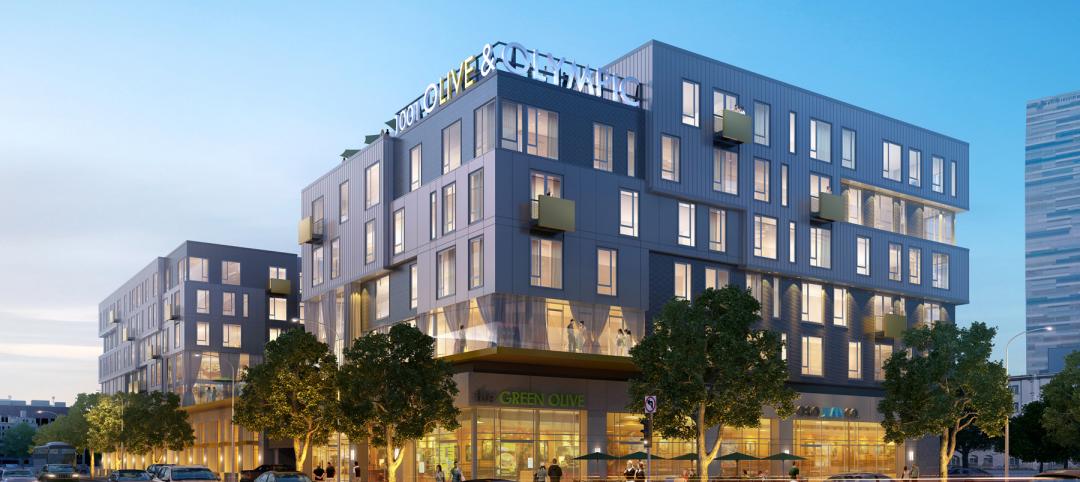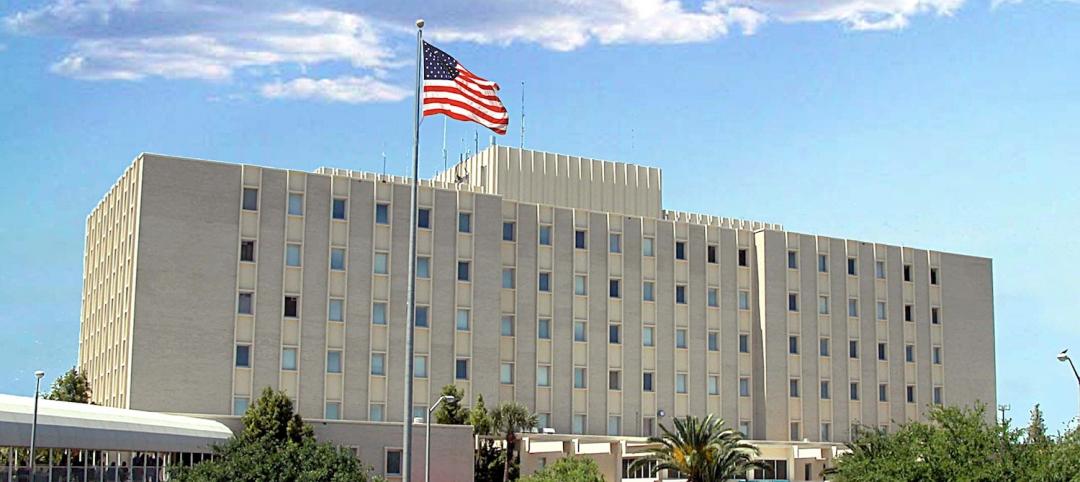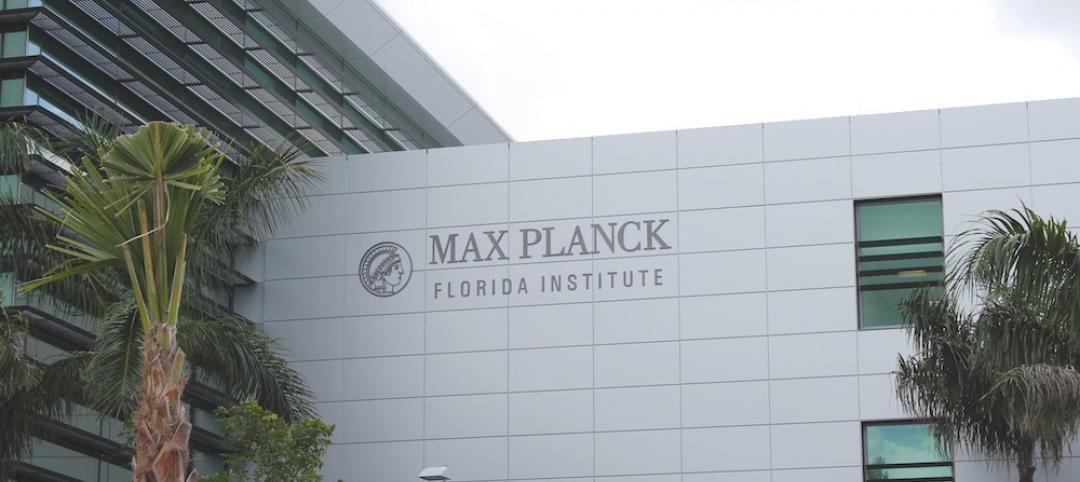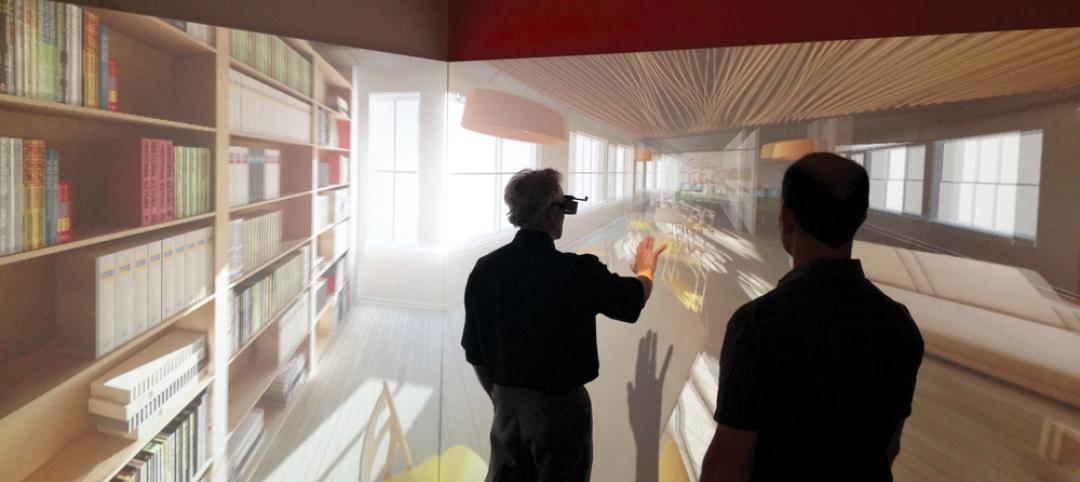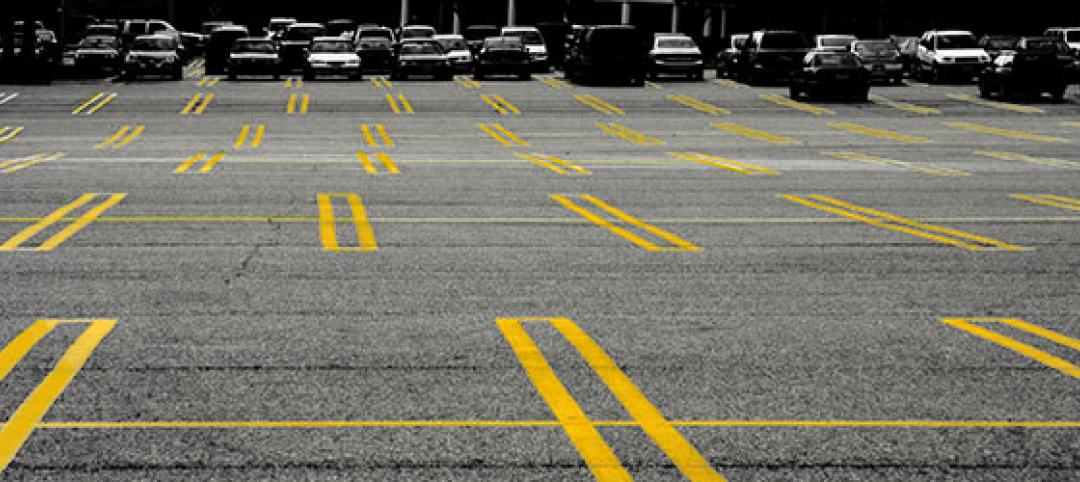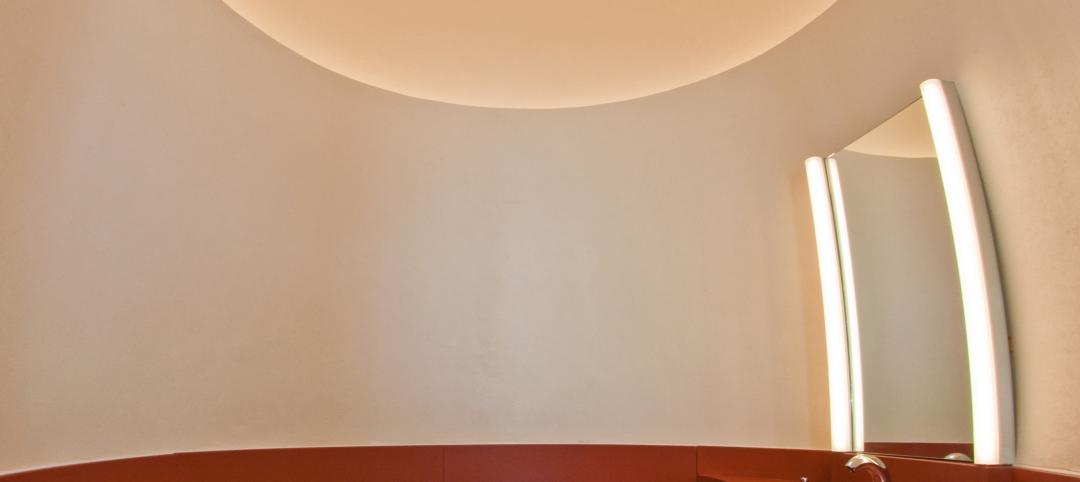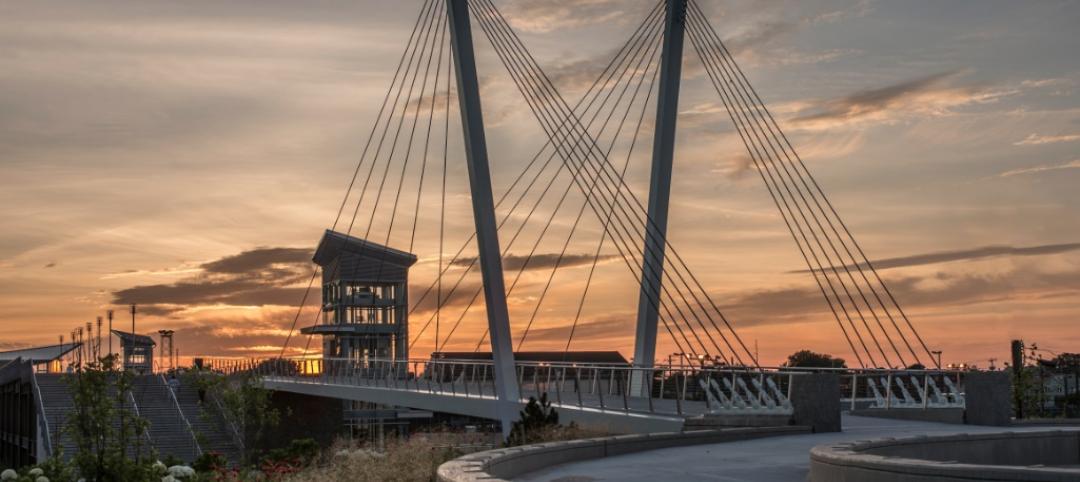AECOM and Van Alen Institute, with 100 Resilient Cities – Pioneered by The Rockefeller Foundation, recently announced four finalists for Urban SOS® 2017: hOUR City, a global student ideas competition that challenged multidisciplinary teams to connect more people in regions around the world to the opportunities found in contemporary cities.
An “hour city” radius — the distance people can travel in one hour — has historically defined the boundary of a city. However, with the forces of globalization and dramatic geographic, social and economic shifts affecting cities everywhere, the time has come to imagine new ways to connect people in suburban, rural and isolated urban communities.
The four finalist proposals and teams are:
Alternative Ways of Transportation, Bangkok, Thailand
Submitted by Wilaiwan Prathumwong, Perada Plitponkarnpim and Patcharida Sricome, all from King Mongkut's University of Technology Thonburi, the team developed a new, formalized multimodal pathway along one of Bangkok's many underutilized canals, connecting isolated residential communities to public transit.
The Healthy City, Oakland, California
Submitted by Vincent Clement Agoe, Derek Lazo, Serena Lousich, Mark Wessels and Sarah Skenazy, all from the University of California, Berkeley, the team connects communities suffering from high rates of chronic diseases (e.g., asthma, diabetes, etc.) to the physical spaces and resources of healthcare providers, using traffic calming, recreational opportunities and new transit options.
The Holding Project, Belfast, Northern Ireland
Submitted by Sean Cullen and Chris Millar from Queen’s University Belfast, the team proposes a joint-housing and economic development plan in central Belfast, tailored to young renters aged 18-35. On publicly-owned vacant sites, the team envisions new pre-fabricated micro-units that would save construction time and costs; tenants would set aside 20 percent of their monthly rent as savings.
New Suburban Living, Melbourne, Australia
Submitted by Lisa Ann Garner from Universität Der Künste and Lauren Garner from RMIT University, the team developed designs and a planning process for new types of housing in Melbourne's Middle Suburbs to address the region's housing shortage and better meet the needs of residents.
Launched in May, hOUR City invited students to tackle urgent transportation, housing or economic development challenges facing cities around the world and to create outcomes that promote equal access to opportunity. 86 teams entered, comprising nearly 300 students from 31 countries around the world and representing 114 unique academic disciplines.
"In our competitions, research and public programs, Van Alen develops solutions to create more equitable cities and communities," said Van Alen Institute Executive Director David van der Leer. "We're proud to guide tomorrow'sleaders to tackle urgent questions about suburban density, creating more affordable housing and connecting underserved communities to transit and jobs."
“We are excited to see the progress of the four finalists in the coming months,” said Michael Berkowitz, president of 100 Resilient Cities. “The work of building urban resilience often requires regional thinking — and the solutions and approaches these teams will uncover have the potential to create significant impact.”
The four finalist teams will now work with experts at AECOM, Van Alen and 100 Resilient Cities to further develop their proposals, and will present their ideas in Los Angeles before a final jury and live audience on January 23, 2018.
The 2017 challenge is the eighth in the Urban SOS® student ideas competition series founded by AECOM, a premier, fully integrated global infrastructure firm, and the third challenge hosted in collaboration with Van Alen Institute, a design nonprofit with a 120-plus-year history of organizing competitions and with 100 Resilient Cities – Pioneered by The Rockefeller Foundation.
Last year’s Urban SOS competition, Fair Share, challenged teams to combine design with the tools and technologies of the sharing economy to create more equitable access to resources, envision more sustainable built environments and enrich the lives of urban residents. The winning team, comprising students at Washington University in St. Louis, proposed reusing United States Postal Service (USPS) post offices in Los Angeles slated for closure and excess capacity within the USPS distribution network to collect, store and deliver surplus food to neighborhoods with limited food access. Team members include Irum Javed, Anu Samarajiva and Lanxi Zhang, students in public health, architecture/urban design and landscape architecture/urban design. The team is currently developing a pilot initiative to be implemented in Los Angeles later this year.
For more information about the finalists, including descriptions and images of the finalist proposals, click here.
Related Stories
| Sep 15, 2014
Gen-Y-focused multifamily development under way in L.A.
The new urban residential community at 1001 S. Olive Street will offer open floor plans consisting of 64 studios, 109 one bedroom units, and 28 two-bedroom units, ranging in size from approximately 500 sq ft to 1,100 sq ft.
| Sep 14, 2014
Ranked: Top Veterans Administration sector AEC firms [2014 Giants 300 Report]
CannonDesign, Clark Group, and URS top BD+C's rankings of the nation's largest Veterans Administration building sector design and construction firms, as reported in the 2014 Giants 300 Report.
Sponsored | | Sep 13, 2014
5 common questions leaders should never ask
Asking the right questions can help business leaders to anticipate changes, seize opportunities and move their firms in new directions. SPONSORED CONTENT
| Sep 13, 2014
Why CEOs shouldn’t be afraid to ask for outside help
An oven-overlooked factor in assessing the success of a leader, according to organizational development consultant Brook Manville, is his or her ability to go far outside the organization to get help in solving problems. SPONSORED CONTENT
Sponsored | | Sep 13, 2014
Right Way Plumbing finishes first at Max Planck Florida Institute
The Max Planck Florida Institute consists of a three-story, 100,000-sf scientific research facility with 30,000 feet of copper joined with Viega ProPress fittings.
| Sep 12, 2014
Total immersion: Has virtual reality's time finally come?
The emergence of low-cost VR technology means that anyone with a few hundred bucks and a decent workstation can get in the game. But, as our experts reveal, pulling off VR is not so simple.
| Sep 12, 2014
Will on-site parking remain king in the development world?
In spite of the trend away from multi-car residences, not much has changed with regard to parking spot allocations within apartment buildings and other multi-unit residential developments, writes GS&P's Doug Sharp.
| Sep 11, 2014
5 competing designs unveiled for Presidio Parklands in San Francisco
To turn the underdeveloped area by Chrissy Field into new public space, San Francisco's Presidio Trust unveiled the five designs by five teams they invited earlier this year.
| Sep 11, 2014
Cintas invites public to vote for 'America's best restroom'
For the 13th consecutive year, Cintas Corporation is back with its popular America’s Best Restroom Contest. A team of survey editors once again scanned the country for the most creative and clean public restrooms and produced a crop of nominees sure to please.
| Sep 10, 2014
Ranked: Top transit facility sector AEC firms [2014 Giants 300 Report]
Leo A Daly, URS, and Skanska head BD+C's rankings of the largest transit facility sector design and construction firms, based on the 2014 Giants 300 Report.



